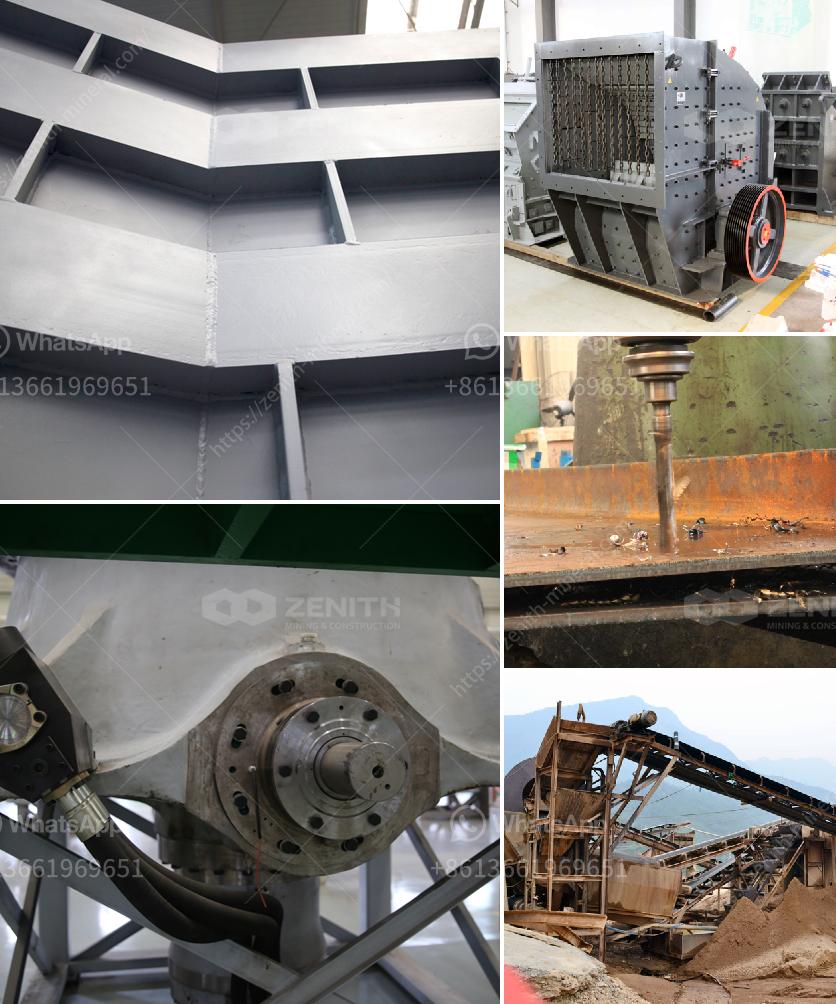The primary difference between a hammer crusher and a jaw crusher lies in their methods of crushing and their design and usage.
-
Mechanism:
- Hammer Crusher: Utilizes high-speed rotating hammers to strike and shatter the material, often producing finer secondary and fine crushing. The material is impacted and reduced to a smaller size as it is forced through a grate or mesh of the desired size.
- Jaw Crusher: Employs a compression method where material is squeezed between a stationary piece and a movable piece. This results in the breaking of larger rocks into smaller particles, typically used in the primary crushing stage.
-
Applications:
- Hammer Crusher: Ideal for materials that are not too hard or abrasive, such as limestone, coal, and gypsum. It's often used for small to medium jobs since it can produce fine and consistent aggregates.
- Jaw Crusher: Suitable for harder, more abrasive materials like granite, basalt, and other minerals. It is commonly found in mining, construction, and recycling industries where initial material reduction is needed.
-
Product Size and Uniformity:
- Hammer Crusher: Produces more uniformly shaped and sized products, often creating more fines (small particles).
- Jaw Crusher: Tends to produce a less uniform size compared to a hammer crusher, with some irregular or larger pieces after crushing.
-
Operational Dynamics:
- Hammer Crusher: Operates with high speed, giving high production rates for less abrasive materials but can wear down quickly when dealing with harder substances.
- Jaw Crusher: Moves slower compared to a hammer crusher but is more robust, capable of handling a higher volume of harder materials with lesser wear on the parts.
-
Maintenance:
- Hammer Crusher: Generally necessitates more frequent maintenance due to higher wear and tear of the hammers.
- Jaw Crusher: Typically has lower maintenance needs partially due to its simpler mechanism and the use of compression over impact for breaking materials.
-
Energy Consumption:
- Hammer Crusher: Requires more energy to operate due to the fast-moving parts and higher rotation speed.
- Jaw Crusher: Usually consumes less energy since the crushing happens through slower compressive force.
Understanding these differences can help in choosing the appropriate crusher based on specific project requirements, material characteristics, and desired output quality.

